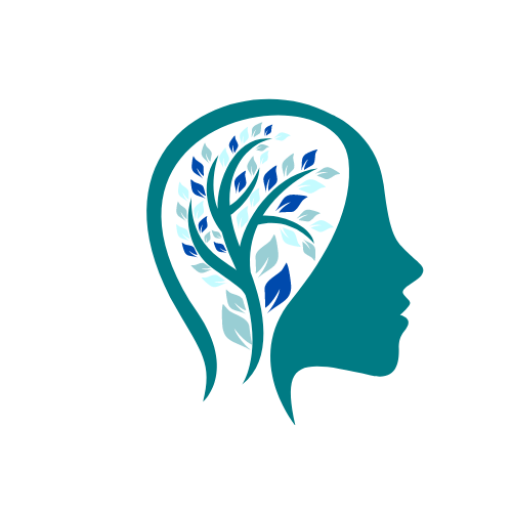
Key aspects of how neurodiversity describes autism include:
Natural Variation: Neurodiversity views autism as a natural variation in the human brain, similar to other neurological variations that contribute to the diversity of human cognition and abilities.
Different, Not Deficient: Individuals with autism are seen as having different cognitive styles, strengths, and ways of experiencing the world. The emphasis is on understanding and appreciating these differences rather than focusing solely on deficits.
Unique Strengths: The neurodiversity perspective recognizes and celebrates the unique strengths and talents that often accompany autism. These strengths may include a heightened ability to focus, pattern recognition, and attention to detail.
Social Model of Disability: Neurodiversity challenges the medical model of disability and adopts a social model, asserting that disability is not solely an individual’s impairment but is also shaped by societal attitudes, structures, and expectations. In this context, accommodating and accepting neurodivergent individuals becomes a societal responsibility.
Identity and Culture: Autism is seen as an aspect of identity and culture rather than a disorder to be cured. This perspective encourages individuals with autism to embrace their neurodivergent identity and fosters a sense of community among those who share similar experiences.
Communication Diversity: Neurodiversity acknowledges and values diverse forms of communication, recognizing that individuals with autism may communicate in ways that differ from societal norms but are valid expressions of their experiences.
Acceptance and Inclusion: The ultimate goal of the neurodiversity movement is to promote acceptance, inclusion, and accommodation for individuals with autism in all aspects of life, including education, employment, and social interactions.
It’s important to note that the neurodiversity perspective does not dismiss the real challenges that individuals with autism may face, but it reframes those challenges in a way that emphasizes support, understanding, and the creation of inclusive environments. This perspective has gained momentum as a positive and affirming way of understanding and embracing neurodivergent individuals within broader society.

